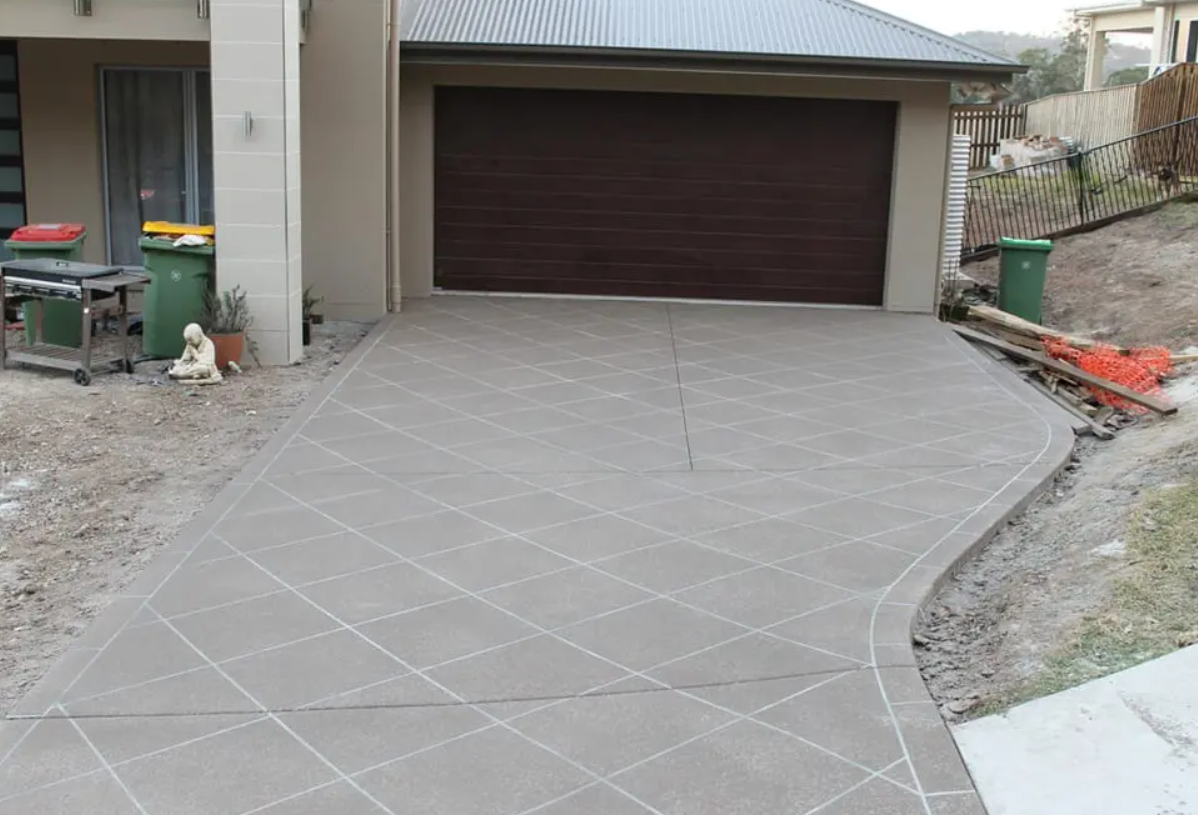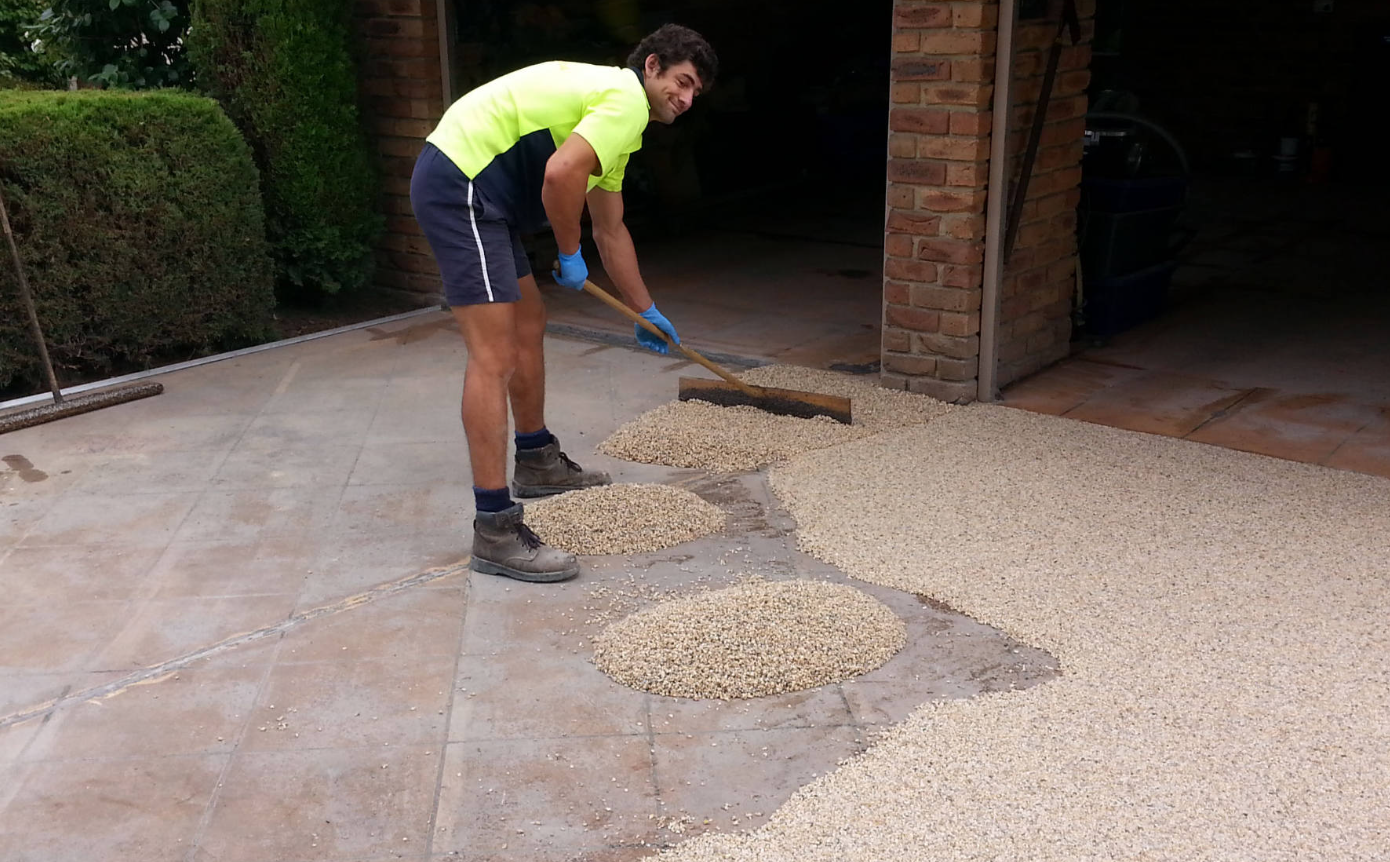The resurfacing driveways are a popular option for those who want to enhance the look of their property without the hassle and expense of a complete replacement. Resurfacing involves applying a new layer of material over the existing driveway surface. This can be done with concrete, asphalt, or even brick pavers.
There are a number of benefits to resurfacing, including the fact that it is much less expensive than a complete replacement. It is also less disruptive to your daily life as there is no need to tear up the existing surface.
However, there are also a few drawbacks to resurfacing, such as the fact that the new surface may not last as long as a completely new driveway. There is also the potential for the new surface to crack and chip, especially in colder climates.
If you are considering resurfacing your asphalt driveway, weigh the pros and cons carefully to make the best decision for your home.
The Pros of Resurfacing Driveways
- Resurfacing your asphalt driveway paving can give your home an updated look that can boost its value. If you are considering selling your home in the near future, resurfacing might be a good investment for you.
- Resurfacing can provide a smooth driving surface for vehicles, making it safer and easier for people to park their cars or pull in and out of driveways without getting stuck in ruts or hitting potholes during bad weather conditions.
- Resurfacing can also create less noise when drivers accelerate on pavement because there is less friction between tires and pavement compared with asphalt alone (which contains small rocks). The sound reduction may not be noticeable by the driver, but it will be noticed by neighbors who live nearby!
- Resurfacing can help keep oil stains from forming on driveways over time due to oxidation (when oxygen combines with another substance). This will help protect driveways from deterioration caused by oil, which is common in older driveways!
The Cons of Resurfacing Driveways
Some people find it a little messy to work on resurfacing driveways as they can get dirty easily, especially if you have pets or children running around at home.
- You may not get the same strength and durability as with new construction or installation from scratch.
- Your existing concrete may need to be patched first or repaired afterwards because it was not installed properly in the first place (this is especially true if you have large cracks in your driveway).
Related Sources: Pavement Asphalt, Paving Companies


